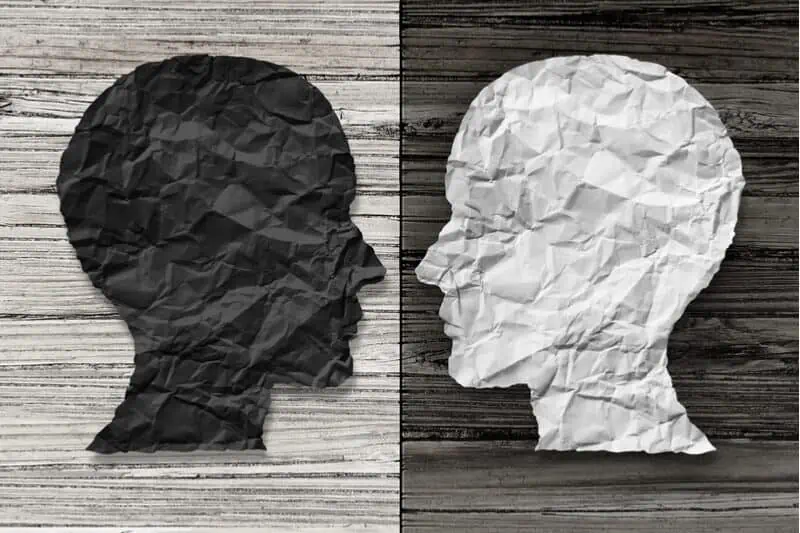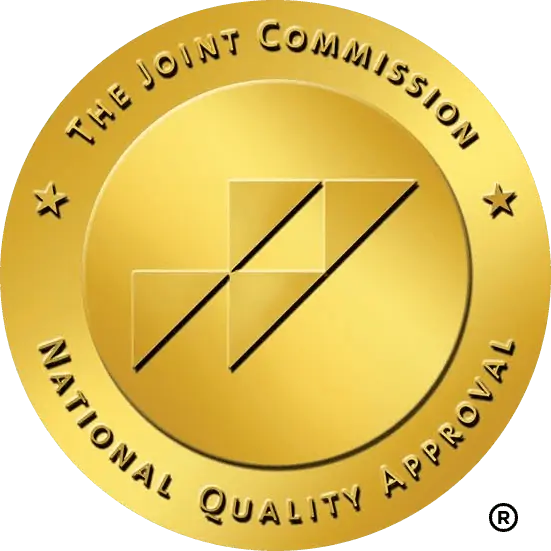Signs Your Teen May Have An Anxiety Disorder
Signs Your Teen May Have An Anxiety Disorder While it’s true that it is normal for teens to feel anxiety on occasion, suffering from a constant feeling of gg is a serious condition that affect millions teenagers, nationwide. This widespread mental illness is known as, general anxiety disorder. For sufferers









